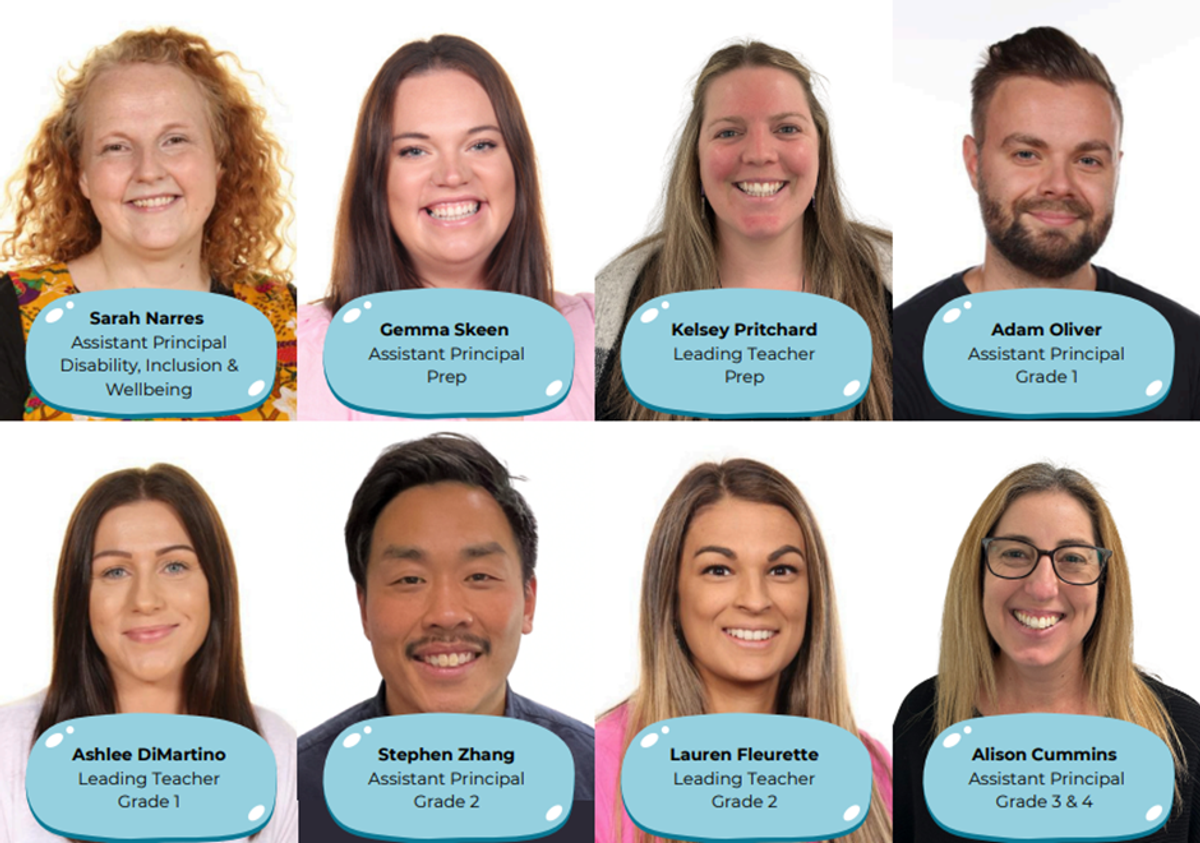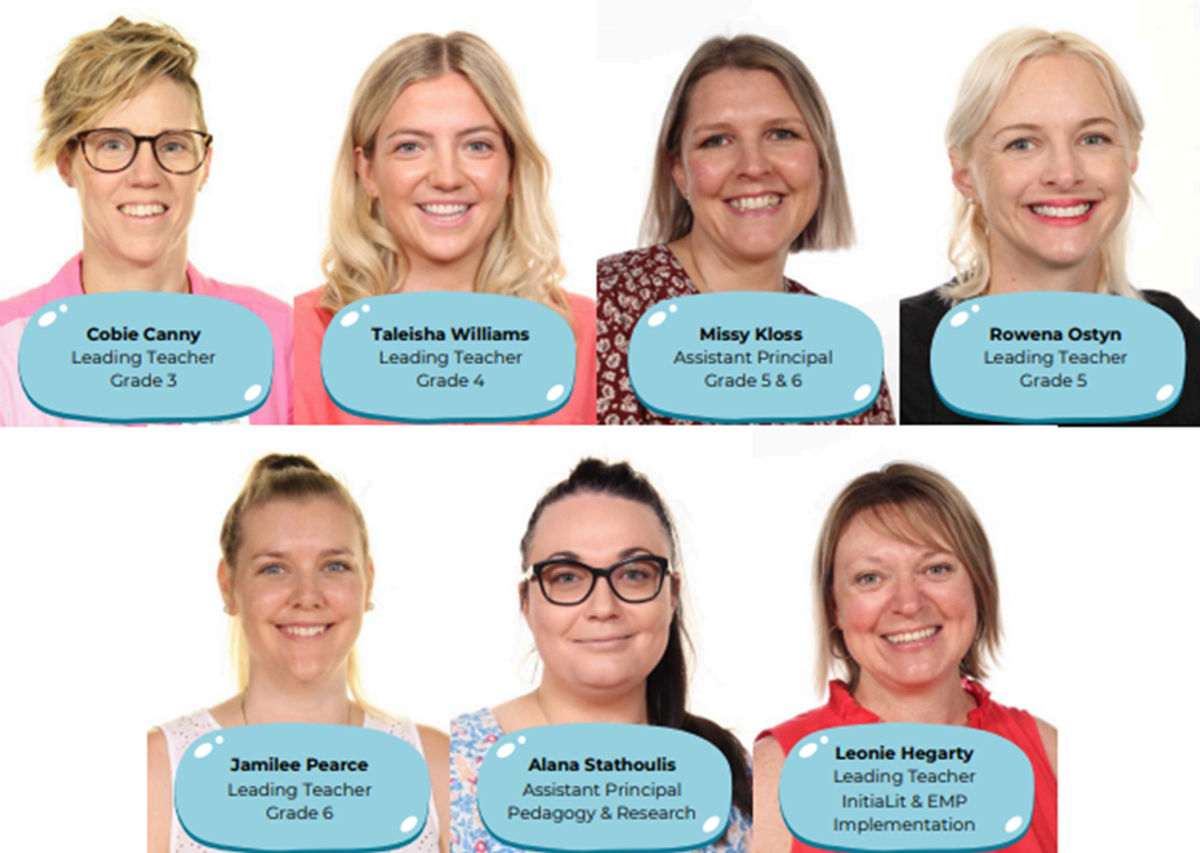Principal's Message

Dear parents and carers,
Recently I was listening to the podcast Brain Science with Ginger Campbell, MD: Neuroscience for Everyone: Neuroscientist Stanislas Dehaene was the guest speaker and explained "How We Learn". The importance of sleep was a salient point. We all know that a good night’s sleep helps us feel refreshed—but did you know it’s absolutely essential for learning and memory, especially in children?
Why Sleep Matters: What Neuroscience Tells Us About LearningInsights from Dr. Stanislas Dehaene
According to renowned neuroscientist Dr. Stanislas Dehaene, sleep isn’t just “rest” for the brain. In fact, it plays an active role in learning by helping the brain consolidate new knowledge and make sense of the day’s experiences.
🧠 What Happens in the Brain During Sleep?
Dr. Dehaene, in his research and book How We Learn, explains that while we sleep, our brains are hard at work:
- Strengthening important memories from the day.
- Sorting and organizing information, helping us understand patterns and concepts.
- Reinforcing skills we've practiced, like reading, maths, and even sports.
This process is especially powerful in children, whose brains are wired for rapid learning.
🕘 How Much Sleep Do Children Need?
Here are the recommended sleep durations from leading health organizations:
- Ages 6–13: 9–11 hours per night
- Teenagers (14–17): 8–10 hours per night
- Young adults: 7–9 hours per night
Anything less, especially over time, can affect attention span, problem-solving skills, and even emotional well-being.
📚 How Can Parents Support Learning Through Sleep?
Here are some practical tips:
- Establish a consistent bedtime routine to help the body wind down.
- Keep screens out of bedrooms and limit use at least an hour before sleep.
- Create a sleep-friendly environment that’s quiet, cool, and dark.
Encourage physical activity during the day, which promotes better sleep at night.
🌟 Final Thought
Dr. Dehaene reminds us that learning doesn’t just happen in the classroom—it continues during rest. By prioritizing healthy sleep habits, we’re giving our children one of the best tools for success: a well-rested, ready-to-learn brain.
At our recent school review, parent forum it was noted that some parents were not familiar with the executive leadership team and/or their roles in the school.
The executive leadership team is made up of principal class staff and leading teachers who have a direct role in supporting teachers and students. Let me introduce you all to the incredible executive leadership team at Tarneit Rise.
Thank you all for your continued support and engagement
Nadia ~ principal
Sarah, Alana, Gemma, Adam, Ali, Stephen, and Missy ~ assistant principals

